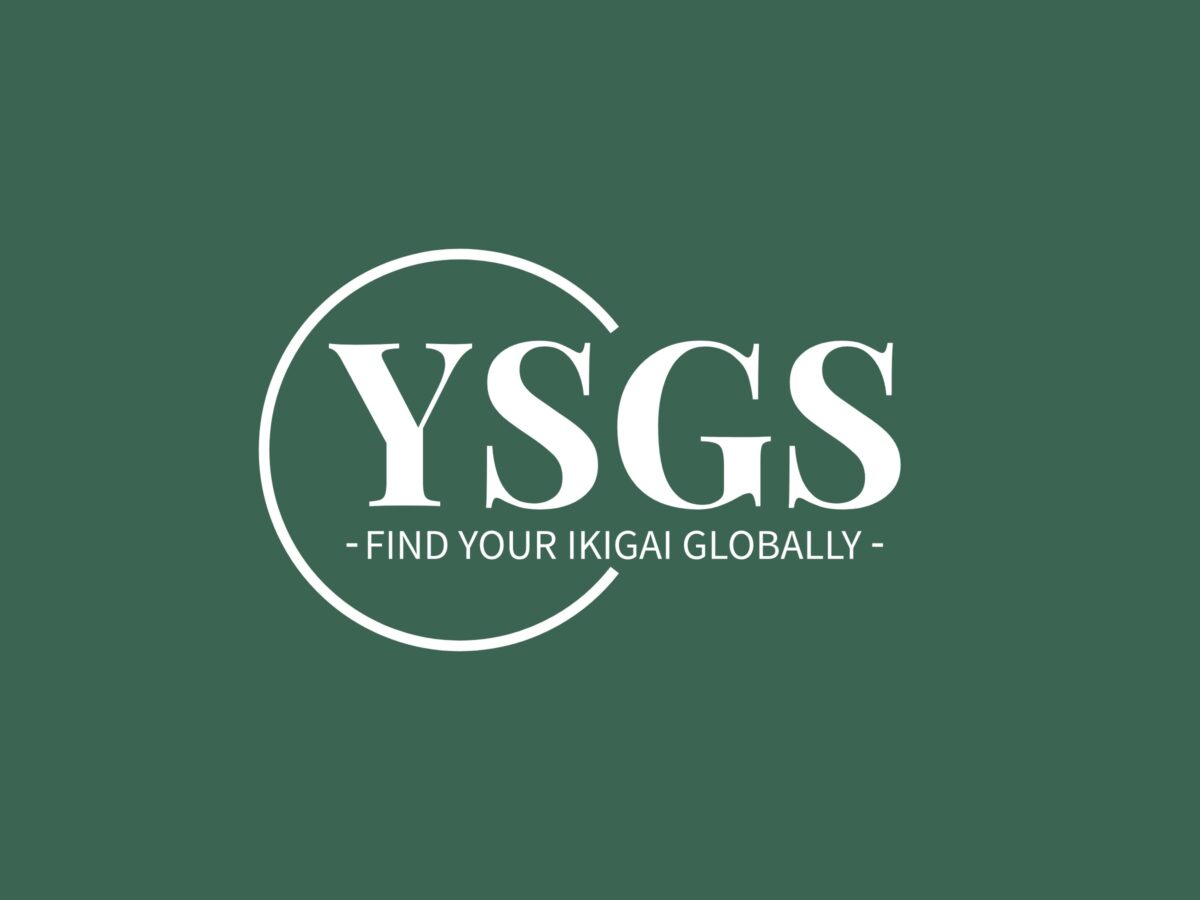November 1st was a holiday in NRW, so I went to Amsterdam to use my time to expand YSGS business. This time I found a lot of attractiveness in Amsterdam. This time I met a potential client to be. This company has the European HQ in Amsterdam and I have maintained the strong relationship in Asia for more than 10 years. My client in Thailand introduced me to the managing director in Amsterdam 3 years ago, but I could not meet him in person due to the covid pandemic. I realized again that it is always better to have a face to face meeting to learn about the client, their business, people and values. The company is one of the largest Japanese hair cosmetic companies, manufacturing hair cosmetic products in Southeast Asia and distributing them all over the world. In Europe, I assumed that they mainly sell their products for professional use, but their main target were Asian, African or Arabic consumers who have dark coloured hair like us, Japanese. It was an interesting discovery and a great understanding of the client’s business and their business strategies.
There are 700 Japanese companies in the Netherlands, the fourth largest Japanese business community after Germany (1947), the UK (928) and France (820), according to the 2023 report of the Ministry of Foreign Affairs of Japan. I have found that Japanese companies are expanding more and more in the Netherlands and I would like to support their organizational growth through my recruitment services.
Yu Shimokawa
- International Executive Recruitment Specialist for local management placements in Germany
- 15 years of experience as executive search, recruitment, and headhunting consultants in
- Tokyo, Japan for 1 year
- Bangkok, Thailand for 10 Years
- Düsseldorf, Germany for 4+ Years
- Currently based in Duisburg, Germany
Table of Contents

The recruitment landscape in the Netherlands is dynamic and evolving, driven by labor shortages, technological advancements, and changing employee expectations. Key trends include according to the research by the Dutch Recruitment Group, Randstad :
- Labor Shortages: High demand for skilled workers, especially in healthcare, ICT, and engineering.
- In-Demand Professions: Roles in administration, agriculture, technology, and healthcare are particularly sought after.
- Work-Life Balance: Increasing emphasis on flexible working conditions and meaningful work.
- Diversity and Inclusion: Growing focus on creating inclusive workplaces.
- Technology and AI: Enhanced recruitment processes through AI and digital tools.
Impact of Brexit on the Dutch Labor Market
Brexit has significantly influenced the Dutch labor market in several ways:
- Business Relocation: Many UK-based companies have moved to the Netherlands, creating new job opportunities.
- Talent Redistribution: Skilled workers are now more likely to seek opportunities in the Netherlands.
- Regulatory Changes: New trade and employment regulations have influenced hiring practices.
- Economic Stability: The Netherlands has positioned itself as a stable destination for businesses and talent.
Sector-Specific Impacts of Brexit
Certain industries have been particularly affected by Brexit:
- Agri-Food Sector: Decline in exports to the UK, especially in meat products. This sector has experienced a significant decline in exports to the UK, with the meat products industry being notably affected. The overall agri-food sector saw a 22% fall in its UK exports.
- Trade and Industry: Increased costs and logistical complexities due to new customs procedures. The broader trade and industry sectors have faced challenges due to new customs procedures and regulatory changes. This has led to increased costs and logistical complexities for businesses involved in trade with the UK
- Healthcare: Adjustments in supply chains for medical supplies and pharmaceuticals. The healthcare sector has been impacted by changes in the availability of medical supplies and pharmaceuticals, which were previously sourced from or through the UK. This has necessitated adjustments in supply chains and procurement strategies
- Customs and Excise: Increased workload for customs authorities. The need for additional customs checks and procedures has increased the workload for customs authorities. This has required significant recruitment and training efforts to handle the increased volume of work
- Education and Research: Changes in educational exchanges and research collaborations. Brexit has affected educational exchanges and research collaborations. Dutch students can no longer participate in the EU Erasmus exchange program in the UK, and research partnerships have had to navigate new funding and regulatory landscapes
- Financial Services: Growth opportunities as financial institutions relocate to the Netherlands. While some sectors have faced challenges, financial services have seen opportunities. The Netherlands has attracted financial institutions looking to maintain access to the EU market, boosting the financial services sector1.
Successful Startups in the Netherlands
The Netherlands is home to many thriving startups, including:
- MessageBird: A leading cloud communications platform. Founded in 2011, MessageBird is a cloud communications platform that allows businesses to connect with their customers via SMS, voice, and chat. With over $1.1 billion in funding, it has become a global leader in its field
- Picnic: An innovative grocery delivery service. Launched in 2015, Picnic is revolutionizing grocery delivery with its efficient and eco-friendly service. The company has raised around €950 million and continues to expand its reach across Europe
- Mollie: A payment platform simplifying online transactions. This payment platform, founded in 2004, simplifies the process of integrating payments into websites and apps. Mollie has secured $928 million in funding and is a key player in the fintech sector
- Perpetual Next: A climate tech company focusing on sustainability. A climate tech company founded in 2019, Perpetual Next focuses on using organic waste as a renewable raw material to reduce CO2 emissions. It has raised €720 million and is gaining traction for its innovative approach to sustainability
- Mambu: A cloud-based banking platform. Established in 2011, Mambu offers a cloud-based banking platform that helps financial institutions streamline their operations. With €387 million in funding, it is a significant player in the fintech industry
- Sendcloud: A shipping platform for retailers. Founded in 2012, Sendcloud is a shipping platform that connects retailers with top-rated shipping carriers, making logistics easier and more affordable. The company has raised $200.9 million
- Xeltis: A medical technology company developing cardiovascular devices. This medical technology company, founded in 2006, develops advanced polymer-based cardiovascular devices. Xeltis is at the forefront of restorative cardiovascular solutions and has raised €175 million
- Otrium: An online fashion outlet for unsold inventory. Launched in 2015, Otrium is an online fashion outlet that helps designer brands sell their unsold inventory at discounted prices. The platform has raised €132.6 million and is transforming the fashion retail industry
How Dutch Companies Find Employees
Successful companies in the Netherlands use various strategies to attract talent:
- Recruitment Agencies and Executive Search Companies: In the Netherlands, many companies leverage recruitment agencies to streamline their hiring processes and access a broader talent pool. These agencies offer expertise in matching candidates with the right skills and cultural fit, saving businesses time and resources. By utilizing extensive databases and networks, recruitment agencies can quickly identify and attract qualified professionals. They also provide valuable market insights, such as salary benchmarks and hiring trends, which help companies stay competitive. Additionally, recruitment agencies assist with compliance and legal requirements, ensuring that all hiring practices adhere to local labor laws. This partnership allows companies to focus on their core operations while efficiently building their teams with top talent.
- Online Job Platforms: Utilizing job boards like LinkedIn and Indeed.
- Networking and Referrals: Leveraging personal networks and employee referrals.
- Job Fairs and Events: Participating in industry-specific events.
- Accelerators and Incubators: Joining programs that provide access to talent.
- Competitive Benefits: Offering attractive salaries, equity options, and flexible work conditions.
- Government Initiatives: Utilizing fast-track immigration schemes for skilled workers.
- Employer Branding: Building a strong company culture and brand.
Conclusion
The Netherlands offers a vibrant and supportive environment for businesses and startups. With its strategic location, skilled workforce, excellent infrastructure, and favorable business climate, it continues to attract and nurture innovative companies. Despite challenges like Brexit, the Dutch labor market remains resilient and full of opportunities for growth and success.
Sources
- Growth Navigate – Top Startups in Netherlands 2024
- Netherlands Court of Audit Report
- PwC Report on Doing Business in the Netherlands 2024
- The Benefits of Starting a Business in the Netherlands – fluidforms
Please do not hesitate to contact us if you have any questions regarding recruitment in Germany/Europe. We will be happy to provide you with the latest market trends and information based on our own recent recruitment experience.



